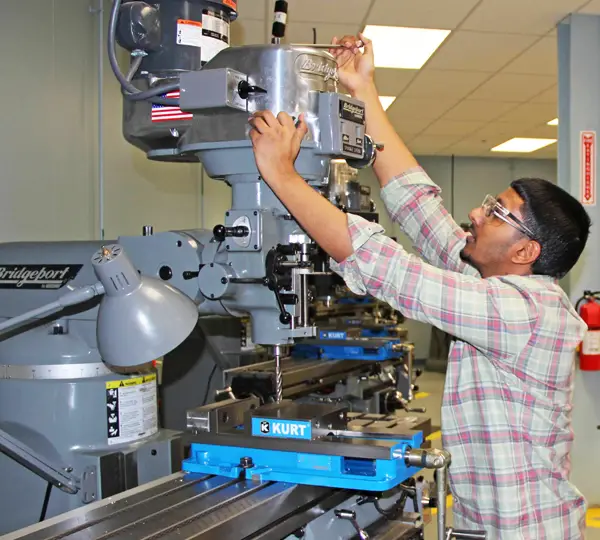Closely following the largest increase in home prices in seven years, U.S. Trust”™s top investment guru says he expects the bull market to continue its run and for equities to avoid a late-spring swoon.
“We do not subscribe to the phrase, ”˜Sell in May and go away,”™” said Christopher M. Hyzy, managing director and chief investment officer of U.S. Trust, the private wealth management arm of Bank of America. “Profits are at an all-time high, valuation is low, sentiment is extremely skeptical, and those are all components of a bull market.”
On the aggregate, home prices in 20 of the country”™s largest cities rose 10.9 percent from March 2012 to March 2013, based on the Standard & Poor”™s/Case-Shiller home price indices. The data, released May 28, represented the largest year-to-year gain since April 2006.
Last week also marked a surge in consumer confidence, with the monthly Conference Board index rising to its highest level since February 2008.
The economic growth has been propelled by the improving U.S. housing market, record-high corporate profits and moves by Europe and Japan to distance themselves from austerity measures.
While much of the recovery from the 2008 recession has been plagued by “macro-induced scares” and “geopolitical risks,” Hyzy said U.S. Trust”™s outlook is for stable growth.
“That”™s predominantly because Europe has solidified for now as it relates to officials and their movement slowly away from 100 percent austerity,” Hyzy said, adding that Japan has been even more aggressive in its move toward a pro-growth stance.
The concern for investors should now center on rising bond yields in anticipation of a move away from traditional fixed-income investments and toward equities and companies with high or increasing dividends, Hyzy said.
Hyzy said the run of upbeat economic news has effectively put fiscal reform on hold.
“It seems to have taken a back seat, largely because job growth has come back,” Hyzy said. “We”™re likely to get to below 6.5 percent (unemployment) by the end of the first quarter of next year … and that plus (economic) growth of, say, 2.5 percent to 3 percent next year ”“ probably closer to 3 percent ”“ is a way to push fiscal reform further and further away from the dinner table.”
However, he said investors and especially business owners should anticipate changes in the corporate tax environment between now and the 2014 midterm elections.
“Long-term structural change is likely to start with corporate tax reform,” he said. “What everyone should expect and what we”™re discussing with our clients here, particularly in a high-tax center of the United States, is that tax efficiency when investing is paramount.”
Confidence is picking up among Fairfield County business owners, said Andrew F. McGrade, managing director and market investment director of U.S. Trust for the region.
“We definitely saw a period where our private business owners, who tend to be thinking of their employees almost as family, perhaps were a bit reluctant to be adding to the head count. …We”™ve now begun to see the willingness to hire and the long-range planning definitely has more of an upward view.”
With more capital freeing up for businesses looking to expand, Hyzy, a Wilton resident, said economic growth is certain to follow.
“Ultimately, if you”™ve got consumer sentiment improving, business sentiment is going to follow,” Hyzy said. “We feel pretty darn good as to where we”™re headed.”

















